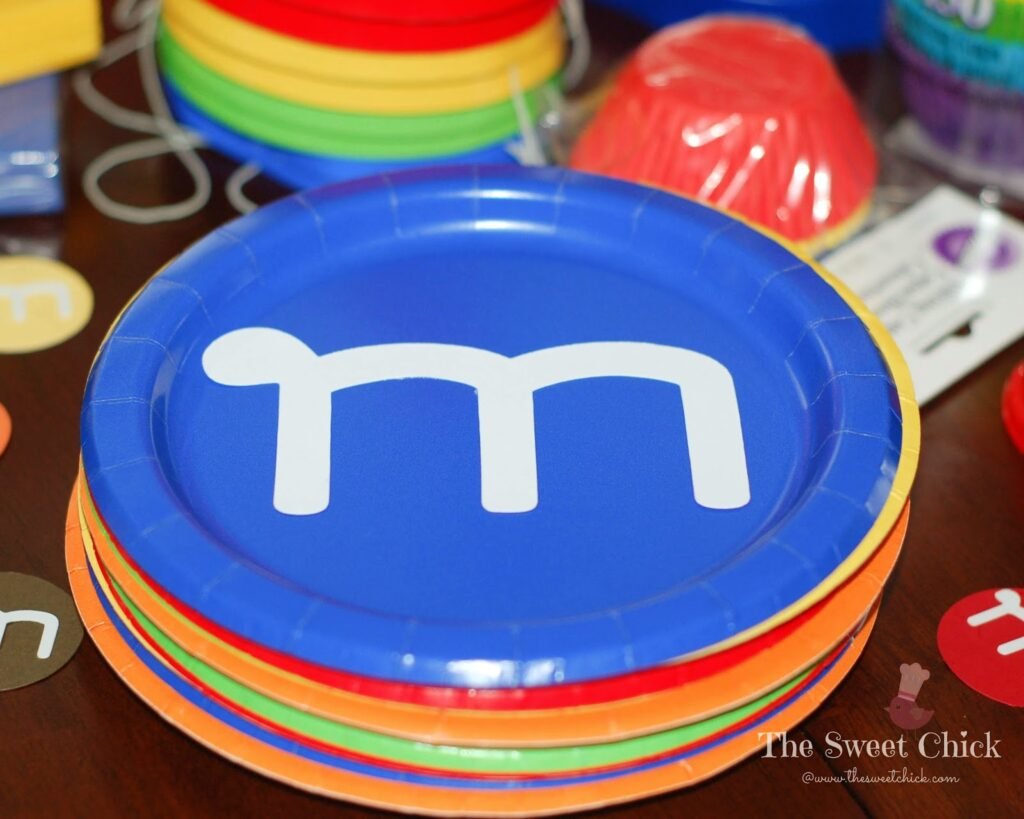Are Red Peppers Acidic? Red Peppers and Acid Reflux Explained
If you’re someone who struggles with acid reflux or GERD (Gastroesophageal Reflux Disease), you might be looking for ways to control your symptoms through diet.
Acid reflux occurs when stomach acid flows backward into the esophagus, causing discomfort, heartburn, and even chest pain. One common question that comes up is whether certain foods, like red peppers, contribute to acid reflux.
In this article, we’ll take a closer look at whether red peppers are acidic, how they affect your stomach, and whether they are safe to eat if you have acid reflux.
First, Let’s Look at What is Acid Reflux?
Acid reflux is a condition where stomach acid or bile irritates the food pipe (esophagus). Normally, a ring of muscle (the lower esophageal sphincter, or LES) keeps acid from backing up into the esophagus. But when the LES is weak or relaxes abnormally, acid can flow upward, leading to symptoms like heartburn, regurgitation, and even a sour taste in the mouth.
GERD (Gastroesophageal Reflux Disease) is a more severe, chronic form of acid reflux. Many people with acid reflux try to manage their symptoms by adjusting their diet, avoiding trigger foods, and seeking remedies to soothe discomfort.
The Nutritional Profile of Red Peppers
Before diving into whether red peppers are acidic, it’s helpful to understand their nutritional value. Red peppers, also known as bell peppers, are packed with vitamins and antioxidants. They are a rich source of Vitamin C, Vitamin A, and Vitamin B6. In fact, one red bell pepper contains more Vitamin C than an orange!
They are also a low-calorie, high-water content food, making them a healthy choice for many people. Additionally, red peppers contain a compound called capsaicin, which is responsible for the spicy flavor in certain peppers. However, red bell peppers are typically not spicy compared to other varieties, such as chili peppers.
But how do these nutritional aspects relate to acid reflux?
Are Red Peppers Acidic?
Red peppers are considered to be mildly acidic but not as acidic as other fruits like tomatoes or citrus. The pH of red bell peppers generally ranges from 4.8 to 5.2, meaning they are slightly acidic but not strongly so.
Acidity in foods is often a concern for people with acid reflux because highly acidic foods can trigger the LES to relax, leading to acid backflow. However, the acidity of red peppers is relatively low compared to other common acidic foods like citrus fruits, tomatoes, or vinegar. Still, some individuals may experience irritation due to their specific sensitivity, especially when eaten raw.
Related to Read: Are Bell Peppers Bad for Acid Reflux?
Is Red Bell Pepper Acidic or Alkaline?
It’s important to distinguish between acidity and alkalinity when talking about foods. While red bell peppers have a low pH, they are considered alkaline-forming in the body after digestion. This is because, once metabolized, bell peppers can have an alkalizing effect on the stomach.
Many people with acid reflux seek foods that help alkalize the body, as they may neutralize stomach acid and reduce symptoms. Red peppers fit into this category, as they help balance acidity levels after digestion.
Do Red Pepper Trigger Acid Reflux?
While red peppers are not considered highly acidic, their effects on acid reflux can vary from person to person. Some individuals may find that even mildly acidic foods, such as red peppers, can trigger symptoms like heartburn or regurgitation. This is because of the capsaicin content, which can irritate the digestive tract in sensitive individuals.
It’s important to note that eating raw red peppers may cause more irritation due to their fiber content and the raw form of capsaicin. On the other hand, cooked red peppers may be easier on the stomach and less likely to cause discomfort.
If you have acid reflux, you might need to experiment with cooked red peppers to see if they work for you. Cooking peppers can break down the fiber and may make them gentler on your digestive system.
What About Other Bell Peppers?
Bell peppers come in different colors, and you might wonder if red peppers are more acidic than yellow or green bell peppers. In general, all bell peppers have a similar level of acidity. However, red bell peppers tend to be sweeter and lower in acidity compared to green bell peppers, which are harvested before they ripen.
Yellow and orange peppers are also relatively mild and may be less irritating for people with acid reflux compared to red or green peppers.
Which Vegetables Are Best for Acid Reflux?
If you’re looking to manage acid reflux through your diet, it’s important to choose vegetables that are low in acid and easy on your digestive system. Here are some of the best vegetables to include in an acid reflux-friendly diet:
- Leafy Greens: Spinach, kale, and lettuce are great choices because they are low in acidity.
- Cucumbers: With their high water content, cucumbers are soothing to the digestive tract.
- Broccoli: Packed with fiber, broccoli is another non-acidic vegetable that can help digestion.
- Cauliflower: Another alkaline-forming vegetable that is mild and easy to digest.
Avoid vegetables like tomatoes, onions, and spicy peppers, as these can trigger acid reflux in many individuals.
Can You Eat Red Peppers If You Have Acid Reflux?
The answer depends on your personal sensitivity to red peppers. If you’re unsure whether red peppers cause you discomfort, start by eating them in small amounts and cooked. Cooking can reduce the harshness of raw vegetables and may make them easier on your stomach. If you notice symptoms like heartburn or indigestion, it might be best to avoid them.
For people with acid reflux who can tolerate red peppers, they can be a healthy addition to your diet. Just be mindful of how they are prepared and consider pairing them with other alkaline or low-acid foods like rice, avocados, or cooked potatoes.
Common Questions About Red Peppers and Acid Reflux
1. Is black pepper good for acid reflux?
Black pepper can be a trigger for some people with acid reflux, as it contains piperine, a compound that may relax the LES and allow stomach acid to flow back into the esophagus. If you have acid reflux, it may be best to limit or avoid black pepper.
2. Does black pepper cause acid reflux?
Yes, black pepper can irritate the digestive system and cause acid reflux in some individuals, especially in large amounts. People with GERD are often advised to avoid spicy and peppery foods to reduce symptoms.
3. Why do red bell peppers give me heartburn?
If you experience heartburn after eating red bell peppers, it could be due to their mildly acidic nature, fiber content, or the capsaicin. Every individual’s digestive system is different, so some may be more sensitive to red peppers than others.
4. Can I eat tomatoes if I have acid reflux?
Tomatoes are a common trigger for acid reflux because they are highly acidic. If you have acid reflux, it’s often recommended to avoid tomatoes and foods made with tomatoes, such as tomato sauce.
Conclusion
Red peppers are a healthy, nutrient-dense food that offers many benefits, including high levels of Vitamin C and antioxidants. While they are not highly acidic compared to other fruits and vegetables, they can still irritate the digestive system in some people with acid reflux. If you have acid reflux, you might want to experiment with cooked red peppers in moderation to see if they cause any discomfort.
Remember that everyone’s body reacts differently to foods, and managing acid reflux often involves a combination of dietary changes and lifestyle adjustments. If you’re uncertain about including red peppers or any other foods in your diet, it’s always a good idea to consult a healthcare professional or a dietitian for personalized advice.
If you’re looking for more tips on managing acid reflux through diet, subscribe to our newsletter or explore our other resources on acid reflux-friendly meals.
M&M; Birthday Party

I put together my son’s 4th birthday party last week. He’s into a lot of things, but nothing in particular stood out as a theme. That is until someone posted a photo of an M&M wedding cake on Facebook. I had my inspiration. My son loves M&M’s in all different varieties. He devours whatever flavored M&M’s I buy to make recipes with. He’s not picky when it comes to his favorite candy. So I researched Pinterest for DIY party decor and kept my eyes open when I was out shopping. I tried to keep it simple because it wasn’t going to be a terribly big party, but I wanted it to be special for him.

I put together my son’s 4th birthday party last week. He’s into a lot of things, but nothing in particular stood out as a theme. That is until someone posted a photo of an M&M wedding cake on Facebook. I had my inspiration. My son loves M&M’s in all different varieties. He devours whatever flavored M&M’s I buy to make recipes with. He’s not picky when it comes to his favorite candy. So I researched Pinterest for DIY party decor and kept my eyes open when I was out shopping. I tried to keep it simple because it wasn’t going to be a terribly big party, but I wanted it to be special for him.

The first thing I had found was 10 inch red plastic M&M dispenser at CVS pharmacy. I used that as my centerpiece. It was too cute to pass up. Then I found a small 5 inch plastic bubble gum machine at Toys R Us that I used as a cake topper.

I wanted the party goers to have a selection of M&M’s to choose from, so I decorated a Archer Farms carton with some card stock I had on hand. I cut out some circles with my Fiskars ShapeCutter Template, then embellished it with little “m’s” I cut out with my Sizzix Sizzlets dies in the Bounce font (which apparently they don’t make anymore, my scrapbook tools are now antiques). I added some circle tags to label the M&M flavors.

I found most of my other supplies at Walmart. I bought plates, napkins, and party hats in all the M&M colors (except brown). I jazzed up the plain party hats with some more cut outs. For these “m’s”, I used my Cricut machine with the Tear Drop cartridge. I was trying to use what I had on hand. If you want the official “M”, you can find it on the Cricut Plantin SchoolBook cartridge.

I used my Cricut machine to cut out these big “m’s” also. This was one of the ideas I found on Pinterest for wall decorations. I used double stick tape to keep them up.

He’s the whole thing all together. Simple, but colorful and fun. It was raining outside, so we played some movies for the kids, but they didn’t care, they ended up going in the pool anyway.

I made all sorts of treats to go with the theme, Chocolate Chip M&M Cookies, M&M Rice Krispie Treats, M&M Pretzel Sticks, and more.

I use the extra “M’s” I cut out to decorate the table. I placed the M&M dispenser on a candlestick holder I had to make him more prominent.

Here are the Candy Coated Oreo M&M’s I blogged about earlier this week. I placed each in matching cupcake liners from Wilton that I had found at Walmart.

This is the cake I made, inspired by this one below. The kids thought it was amazing. Mission accomplished.

Here’s the birthday boy all smiles when he saw his cake. He was excited by all the mini M&M’s pouring down the front. All the kids wanted a slice with the M&M’s on it.

The cake was just two Pillsbury Funfetti cake mixes and two cans of Betty Crocker Fluffy White frosting. I knew I would be spending all my time perfecting the decorating, so I didn’t make the cake and frosting from scratch this time. Plus, I really love Funfetti cake. And if you are wondering if I place each M&M individually on the cake , the answer would be YES! My husband thought I was nuts. He said I should just throw them on there, but I am a type A personality and everything has to be perfect.

For the favor bags, I bought individual packs of Birthday Cake M&M’s and added some bubbles and other candies. The clear bags are from Walmart and the tags I made myself. I put all the kids names on the back. I attached the tags with matching bakers twine I had on hand.

It was a lot of work, but I like being creative. The looks on the kids faces said it all, it was worth it.
